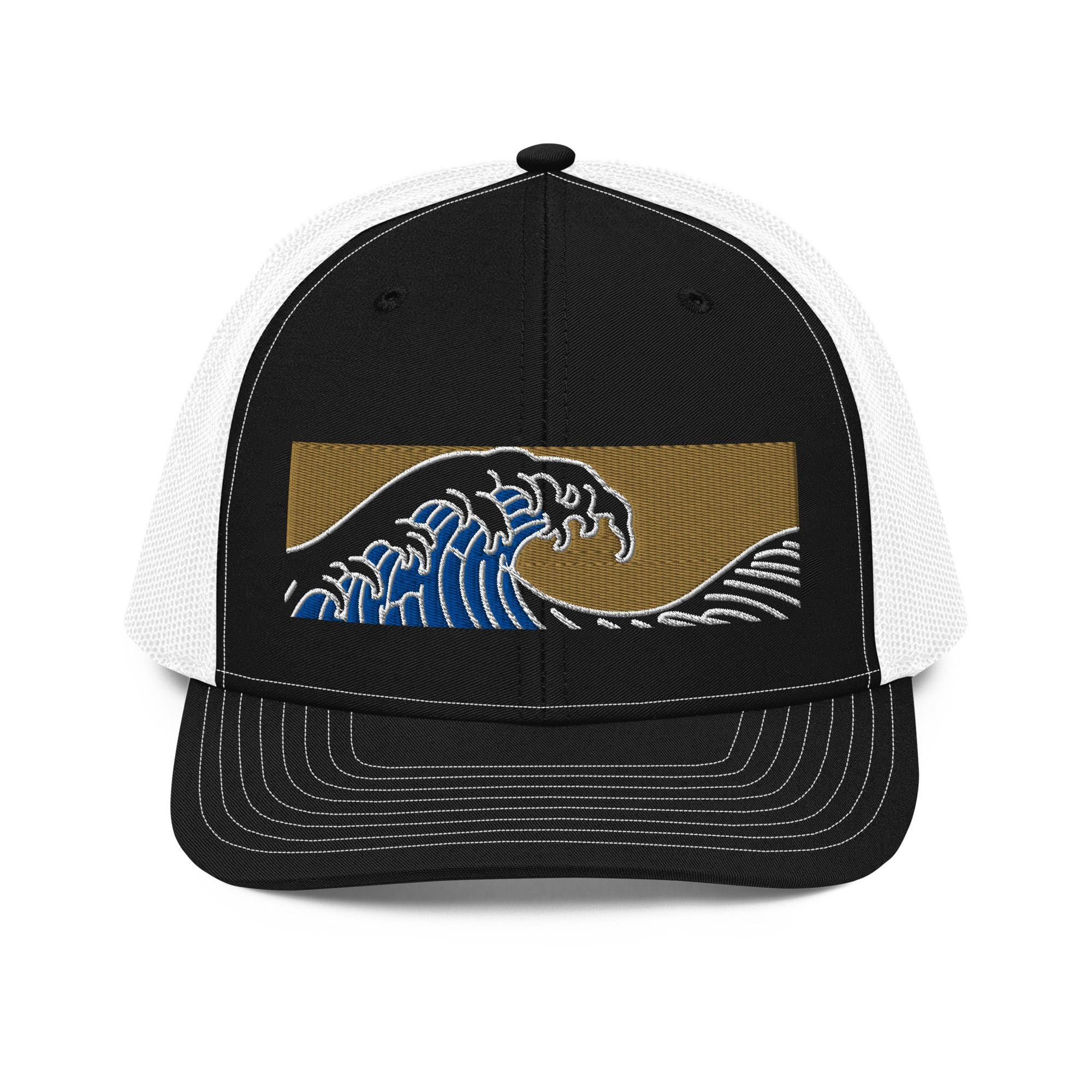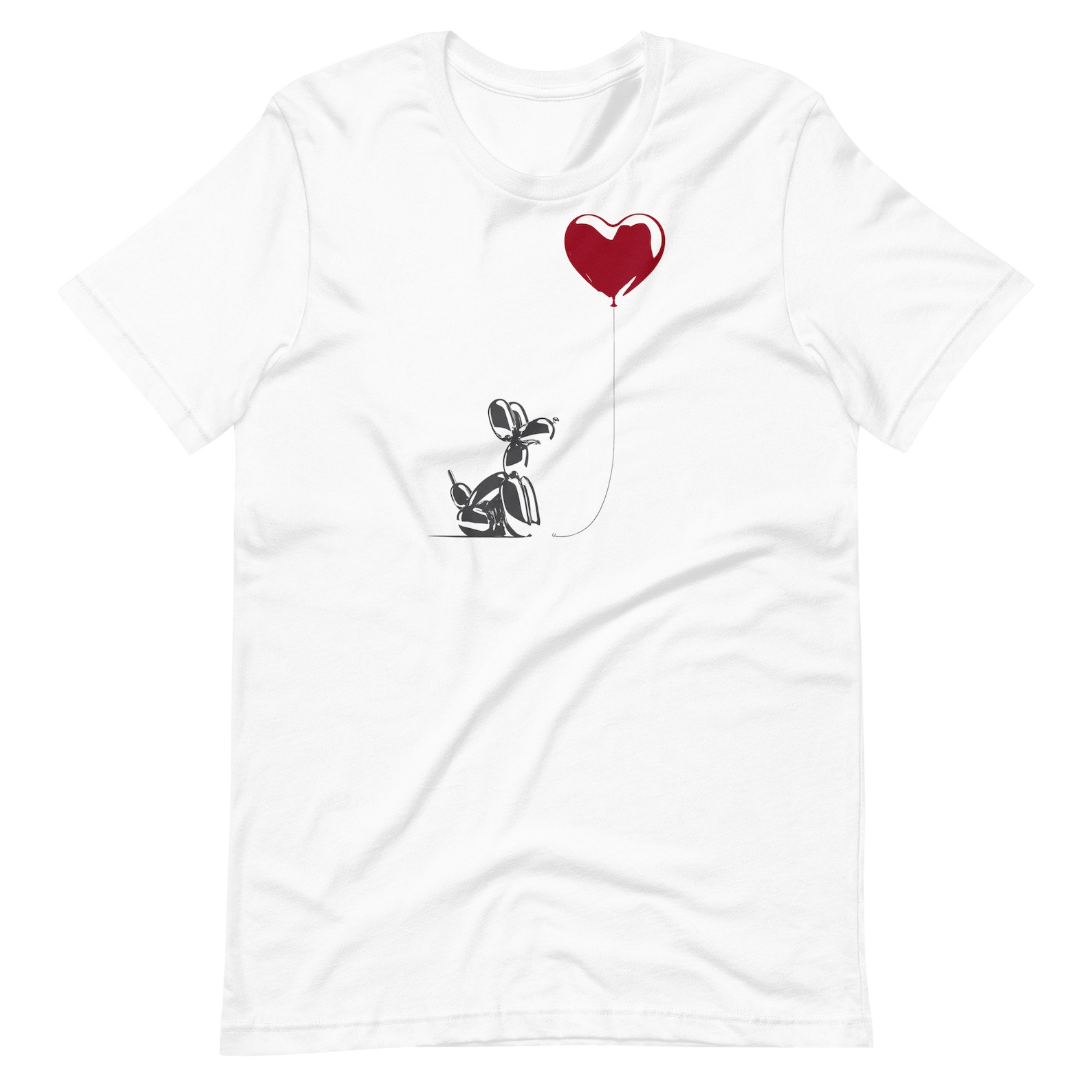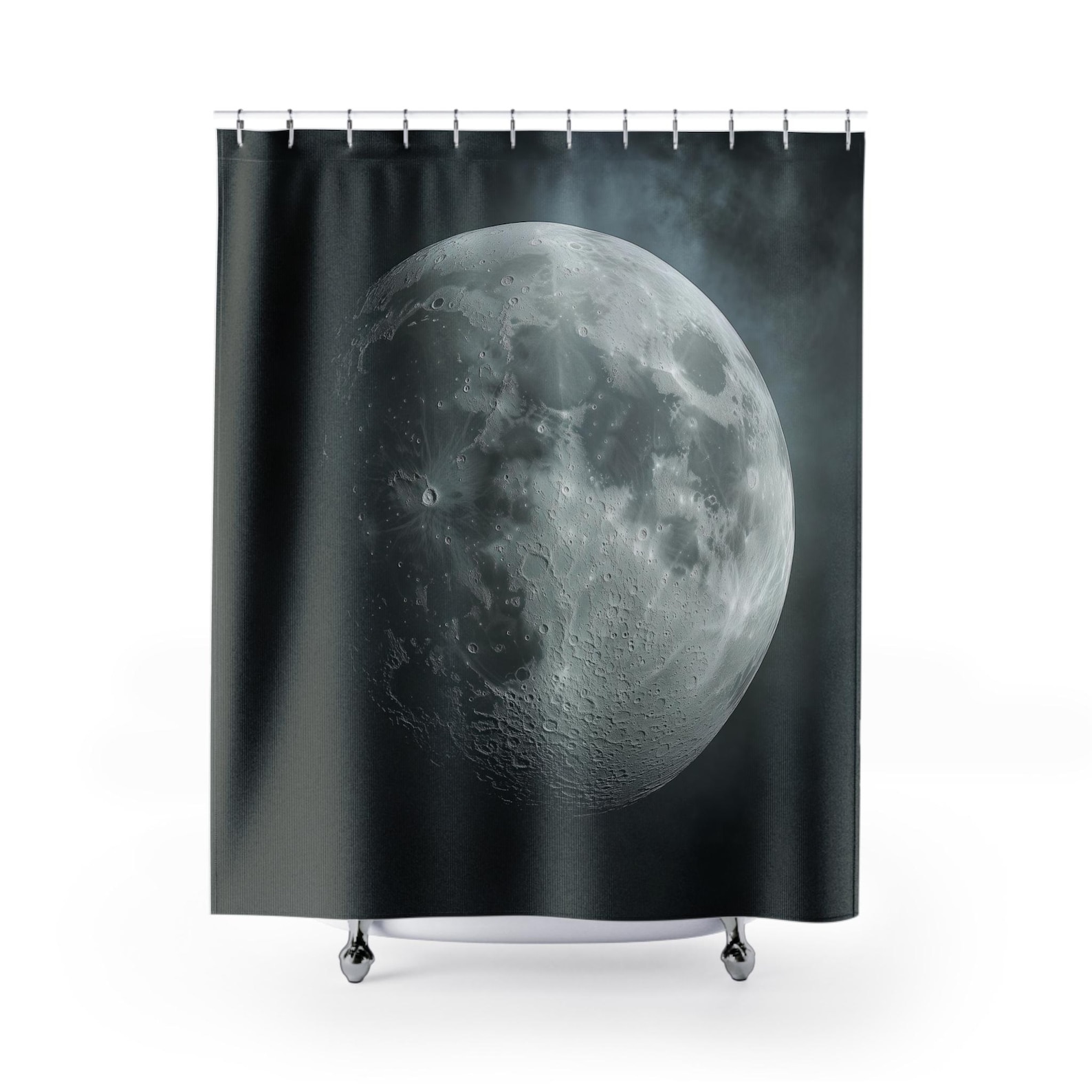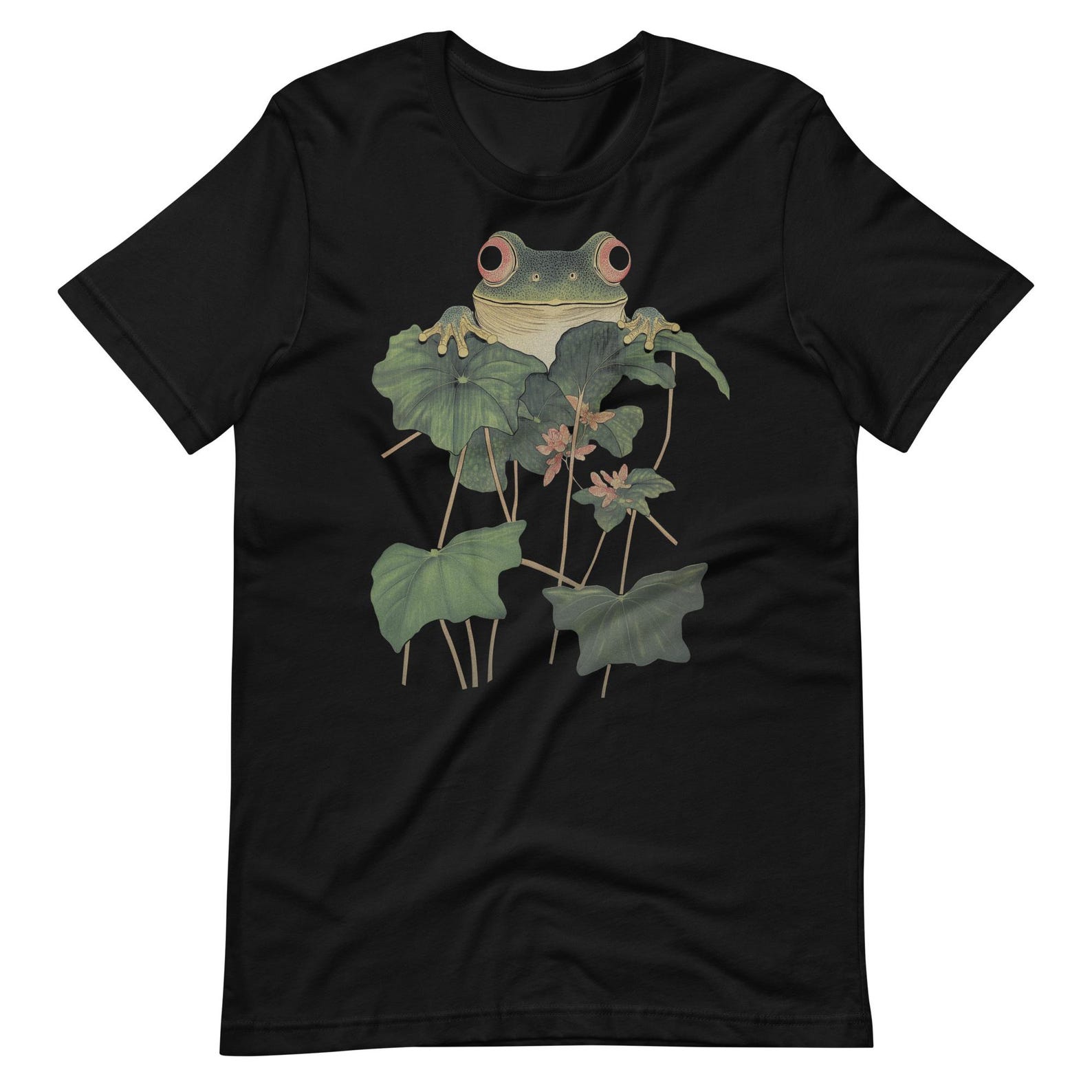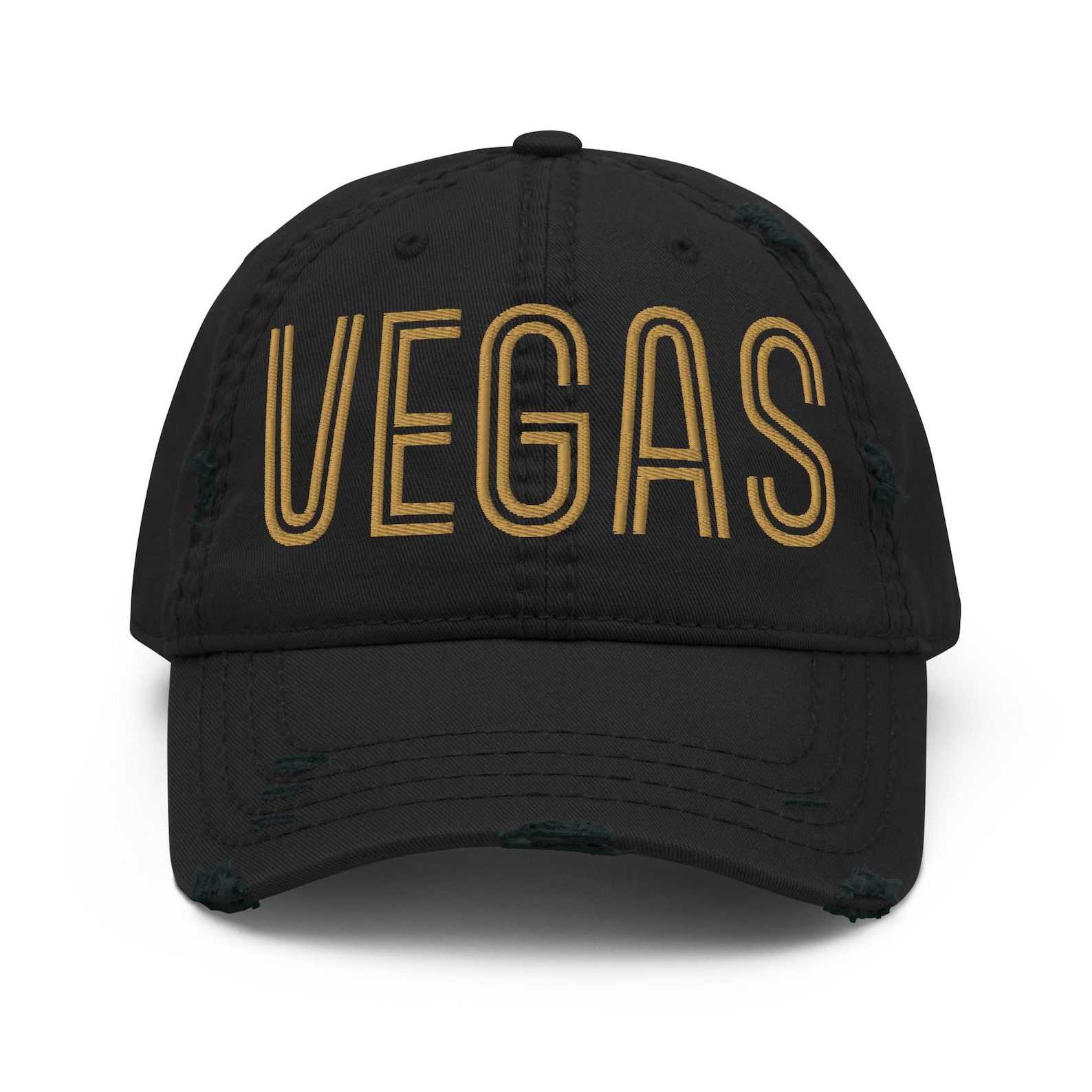The rise of sustainable fashion?
Sustainable fashion focuses on ethical production, eco-friendly materials, slow fashion, and circular fashion to minimize the industry's environmental impact. This movement is important for reducing pollution, promoting social responsibility, and encouraging responsible consumption.

How eco-friendly trends are changing the industry
The fashion industry is undergoing a transformative shift. With increasing awareness of environmental issues and a growing demand for sustainable practices, eco-friendly fashion has become more than just a trend—it's a movement. As consumers become more conscious of the environmental impact of their choices, sustainable fashion is gaining traction and reshaping the industry in profound ways.
What is sustainable fashion?
Sustainable fashion refers to clothing, accessories, and footwear that are produced, marketed, and used in the most sustainable manner possible, considering both environmental and socio-economic aspects. This includes everything from the sourcing of raw materials to manufacturing processes, distribution, and post-consumer use and disposal.
Key components of sustainable fashion
- Ethical Production: Ensuring fair wages and safe working conditions for all workers involved in the fashion supply chain.
- Eco-Friendly Materials: Using organic, recycled, or biodegradable materials to reduce the environmental footprint.
- Slow Fashion: Focusing on quality and timeless designs that encourage consumers to buy less and choose well-made, durable items.
- Circular Fashion: Promoting recycling and upcycling of garments to minimize waste and extend the lifecycle of clothing.
Why sustainable fashion matters
The traditional fashion industry is one of the largest polluters in the world, contributing significantly to water pollution, greenhouse gas emissions, and textile waste. By adopting sustainable practices, the fashion industry can:
- Reduce Environmental Impact: Lowering the use of harmful chemicals, conserving water, and reducing carbon footprints.
- Promote Social Responsibility: Ensuring that workers are treated fairly and provided with safe working environments.
- Encourage Responsible Consumption: Educating consumers about the benefits of investing in quality over quantity and the importance of caring for their garments.
Popular sustainable fashion brands
Many brands are leading the way in sustainable fashion by implementing eco-friendly practices and offering stylish, sustainable options. Here are a few notable ones:
- Patagonia: Known for its commitment to environmental activism and high-quality outdoor wear made from sustainable materials.
- Everlane: Focuses on transparency and ethical manufacturing, providing consumers with insight into the production processes.
- Reformation: Offers trendy, sustainable clothing with a focus on reducing waste, water usage, and carbon emissions.
How to embrace sustainable fashion
As consumers, we have the power to drive change in the fashion industry. Here are some ways to incorporate sustainable fashion into your wardrobe:
- Shop Mindfully: Choose quality over quantity and invest in timeless pieces that will last longer.
- Support Sustainable Brands: Opt for brands that prioritize ethical practices and eco-friendly materials.
- Upcycle and Recycle: Give new life to old garments by upcycling them or donating them to organizations that recycle textiles.
- Care for Your Clothes: Follow care instructions to extend the life of your garments and reduce the need for frequent replacements.
Conclusion
Sustainable fashion is more than a fleeting trend—it's a necessary shift towards a more responsible and conscious approach to clothing. By supporting ethical brands, making mindful choices, and advocating for sustainable practices, we can contribute to a more sustainable future for the fashion industry and the planet.







